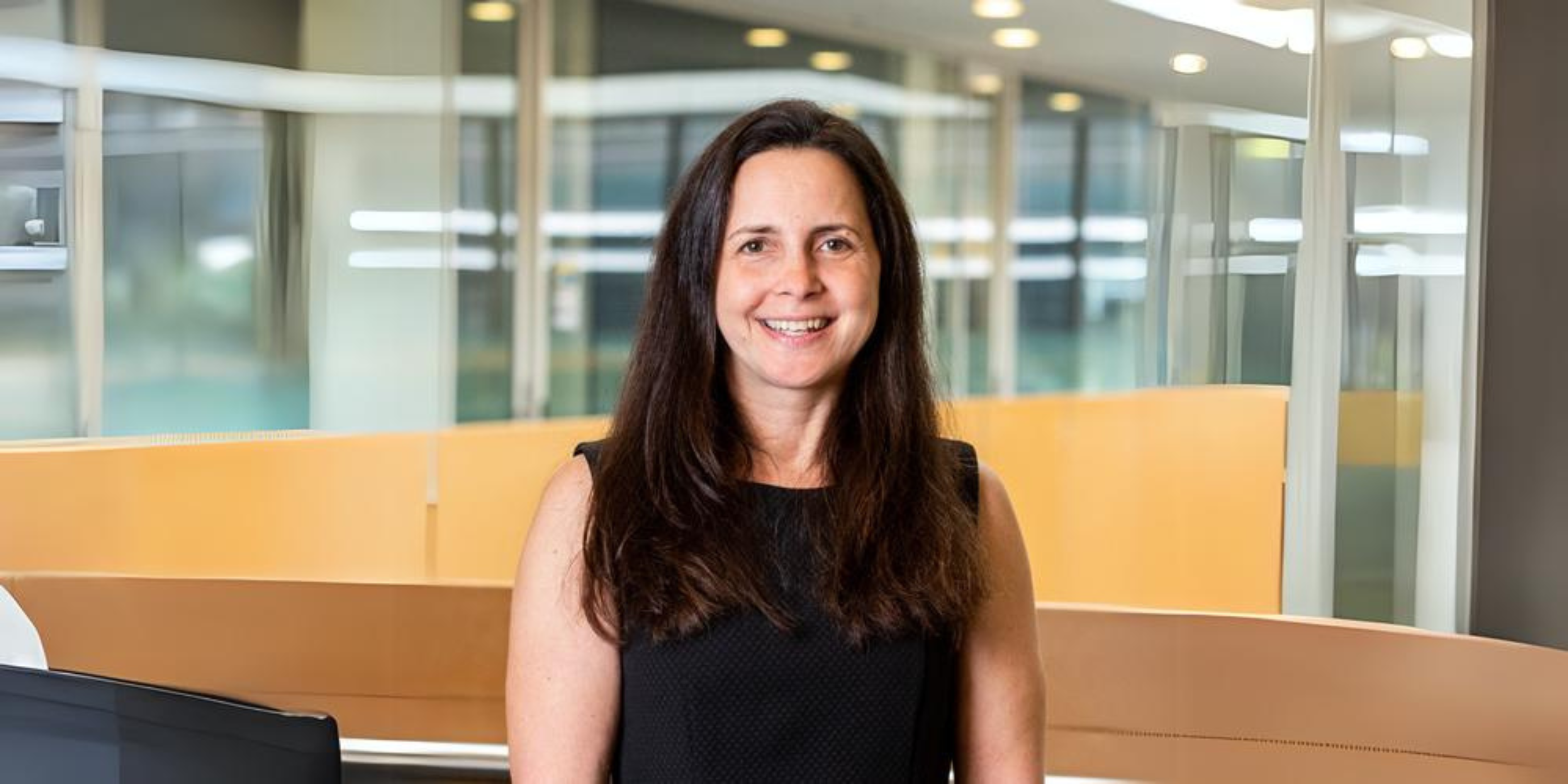Welcome to the sixth interview in our series of Visible Women interviews, a platform dedicated to spotlighting women leaders across all sectors and stages of their careers. Today, we meet Sonia Maddock, Head of Culture at UNSW.
With a career spanning over 25 years, Sonia's journey through the ranks at UNSW reflects her remarkable dedication and contributions to the arts. Beyond her professional achievements, Sonia stands as an advocate for women's leadership and representation in the arts, striving to bridge gaps and empower the next generation of leaders.
Can you tell us a bit about yourself and your career?
I studied Music and Education at UNSW and never really left. After graduation, I transitioned into a Coordinator role. Over the past 25 years, I've moved through the ranks in Music Performance within the university, ultimately becoming the Head of Culture at UNSW.
In this capacity, I oversee the management of the Music Performance Unit, Art Unit, Religious Centre and cultural programs, plus out-of-classroom experiences, aiming to create a community and foster connections through the arts. I am also the Choral Director of two choirs (Corde, and Collegium Musicum Choir), conducting on and off-campus performances throughout the year.
I do feel fortunate at the opportunities I have been afforded, but I am also aware that it really was in my hands to make the most of them.
What challenges have you faced to get to where you are today?
I secured my first coordinator role at quite a young age, with a reporting line directly into a fairly senior position. This person was so horrified to have a young woman direct report that a strange buffer role was created for me to report into so they didn't have to deal with me directly. It was hard to see that as anything other than an issue with my age and perhaps gender.
I think this is changing now though. I have two sons (17 and 20) and the way they talk is streets ahead of where it was in my generation. They are thoughtful young men and very aware of making sure that that representation is there, that they're not talking over women, that kind of thing.
Another challenge over the years is that I was left to manage some quite major changes and challenging situations and decisions that were almost certainly beyond reasonable for my role, simply because others didn't want to have to deal with potential conflict. Although challenging, I have realised that these experiences have given me skills I otherwise might not have. But at the time, it was a lot of pressure for someone with little experience managing such situations.
How did you overcome these challenges?
You have to become your own champion and advocate for yourself. I remember when I was having my children, I had a really tiny team, so I ended up working while I was on maternity leave because there was no one to do that work. I had to advocate for myself to make sure that it was noticed, and not just expected.
Also, don’t be afraid to find new opportunities and ask for what you deserve. I have undertaken business and leadership training that I identified as useful over the years because I was able to demonstrate how this would positively impact the university.
I also completed a professional women in leadership program which was a great way to network with people across the campus who I hadn't really encountered before. I think it is very important to always try and learn from people outside of your sector, not just within your area of expertise.
How important is it to have female mentors?
Having visible leaders is very important to show women what is possible. Although representation of women in the arts is much better than in other sectors, this is not the case when it comes to top-level management and leadership.
In fact, during my entire 25 years here, I can only count three women between me and the top of the organisation and I have also never directly reported into a woman.
Despite this, I have been fortunate to have a few key mentors along the way. The first was Professor Jane Morrison, a formidable and energetic academic who memorably advised a young me to 'be more assertive'. I hope she doesn't regret telling me that — it has definitely served me well over the years.
What advice do you have for aspiring women leaders?
My advice is to be assertive and trust in your capabilities. This has proven to be a vital lesson. Don't shy away from inventing your own role if necessary — remember, it's in your hands to make the most of the opportunities presented to you.
My other piece of advice is to ‘own the things’. This advice was passed to me by my predecessor as choral director. She told me to ‘conduct more of the performance’ because she used to hand it over to a man to direct the public concerts. I’ve taken that to heart and have now conducted hundreds of concerts. Never hand over your achievements. It’s good to own them. I work with a team of fantastic women at different stages of their leadership journey, and I hope they each feel that they own their role and successes.
How do you view the evolving landscape of women's leadership in your field?
The arts industry generally has better representation of women, but there's still work to be done, especially in leadership positions and elite areas of practice.
There is no doubt a correlation between the representation of women and the fact that the arts are also a famously underpaid industry - there is no doubt in my mind that women leading arts organisations should be recognised for their creativity and vast skillset and remunerated as they would be in any other industry.
We also need to continually advocate for the recognition of cultural programs as essential rather than ‘nice-to-haves’. Music is far more than entertainment, art is far more than simplistic beauty, cultural traditions are not just days of celebration. These are things of inherent connection and importance to individuals and societies. These are things that we all live for, not just wear as accessories.
Connect with Sonia
https://www.music.unsw.edu.au/about-us/staff-profiles/sonia-maddock
https://www.music.unsw.edu.au/celebrating-20-years-choral-salute


